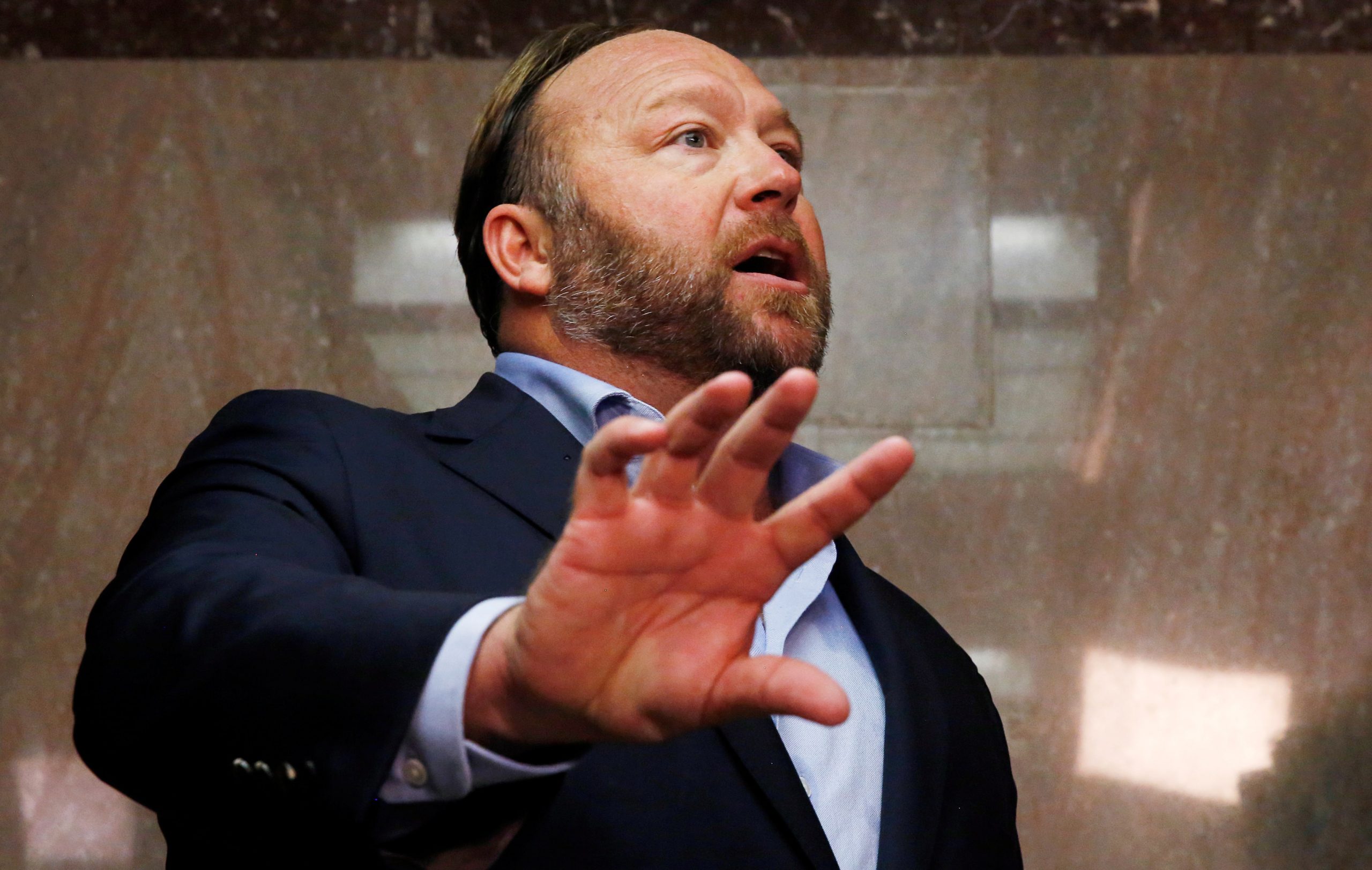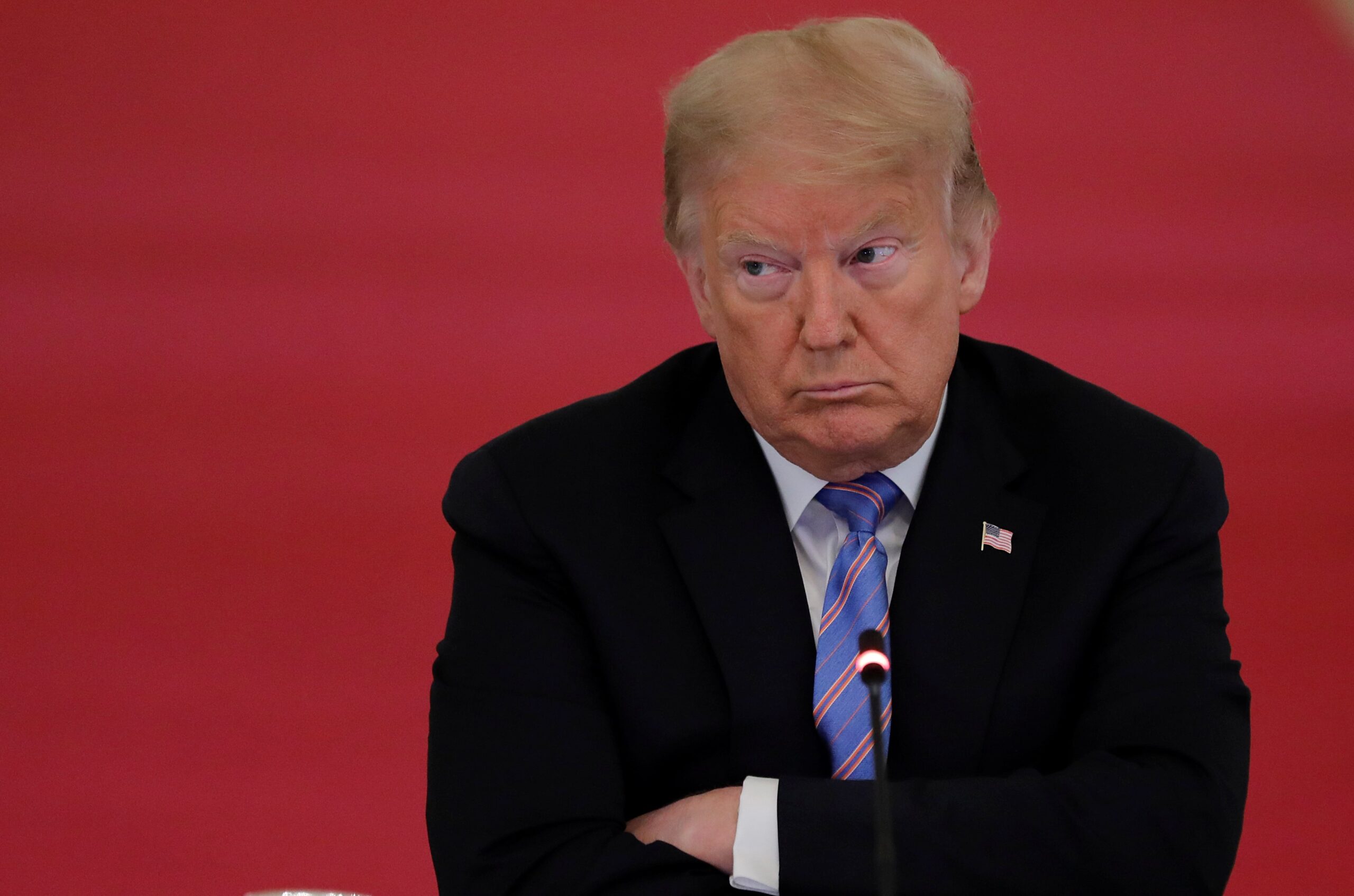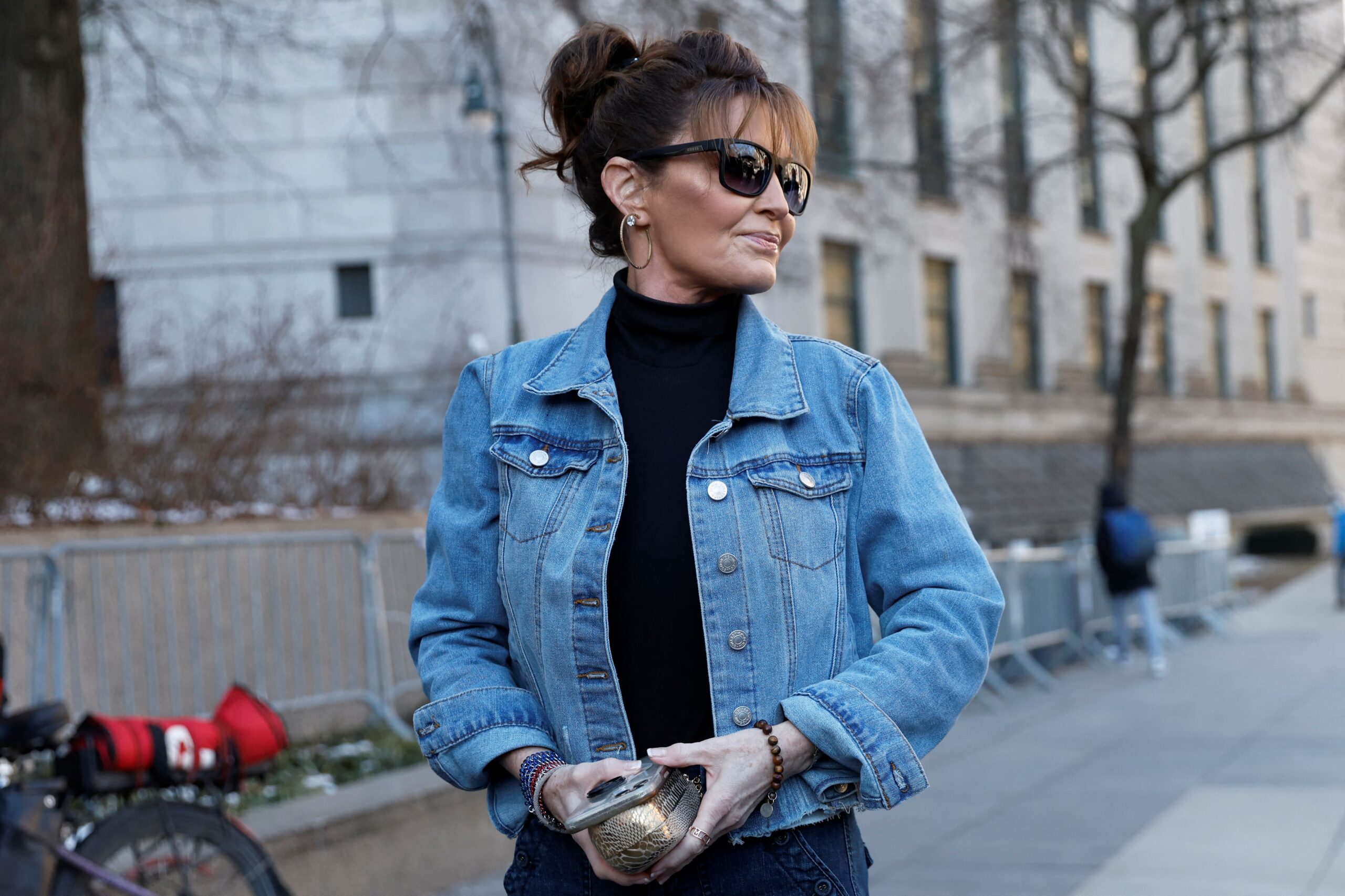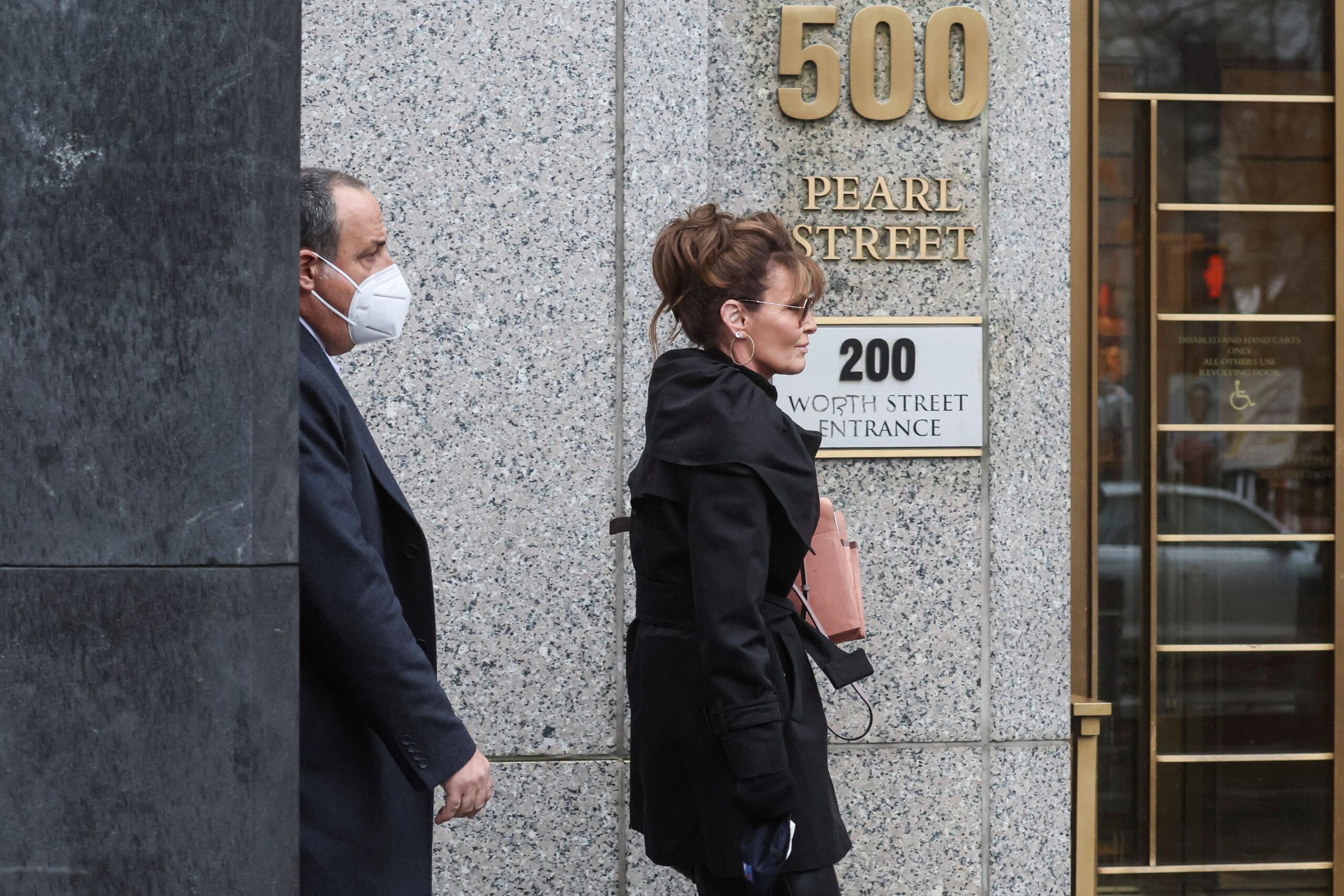Judge Fines Alex Jones for Failing to Appear for a Deposition in Sandy Hook Defamation Suit
On March 30th, a Connecticut judge found Infowars host Alex Jones in contempt of court for failing to appear for a deposition in a defamation suit brought by the families of the Sandy Hook Elementary School shooting victims. Jones has been sued by several families over his claims that the Sandy Hook shootings were a “giant hoax” and had been staged by the government to undermine the Second Amendment.
Judge Rules that Smartmatic’s $2.7 Billion Defamation Suit Against Fox News Can Proceed
On March 9th, a New York Supreme Court judge ruled that voting technology company Smartmatic’s $2.7 billion defamation lawsuit against Fox News and Rudy Giuliani can proceed. In his ruling, Judge David Cohen said that Giuliani repeatedly made claims “without any evidence” and “without any basis” that Smartmatic tried to tip the 2020 presidential election in Joe Biden’s favor.
Arizona House Passes Bill That Would Limit Recording of the Police
On February 24th, the Arizona House of Representatives voted to advance a bill that would make it illegal to photograph or record a police officer in public from a distance of eight feet without his or her permission. House Bill 2319 says if an individual is asked by the police to quit filming but continues to do so would face a class 3 misdemeanor and up to 30 days in jail.
Federal Judge Orders January 6 Lawsuits Against Trump to Move Forward
A judge for the U.S. District Court for the District of Columbia ruled on February 18th that three civil lawsuits aimed at holding former president Donald Trump accountable for the deadly attack on the Capitol can move forward. Trump had sought to dismiss the lawsuits, claiming, in part, that the First Amendment bars the plaintiffs from suing him, and that his conduct was protected because he was a sitting president at the time.
Appeals Court Rules Florida Licensing Law Doesn’t Violate the First Amendment
A federal appeals court ruled that a Florida law that requires individuals to be licensed in order to dispense dietary advice doesn’t violate the First Amendment. Heather Kokesch Del Castillo, who calls herself a “holistic health coach,” sued the state, claiming that Florida’s Dietetics and Nutrition Practice Act violates her free speech rights to give advice to her clients.
Jury Dismisses Sarah Palin’s Defamation Claim Against the NY Times
On February 15th, a jury in the District Court for the Southern District of New York, dismissed a defamation lawsuit brought by Sarah Palin, a former governor of Alaska and vice presidential candidate in 2008, against The New York Times. The decision came a day before U.S. District Judge Jed Rakoff said that he planned to dismiss the suit if the jury sided with Palin. Rakoff maintained that Palin’s lawyers were unable to prove the newspaper published with “actual malice” when it incorrectly linked her to a mass shooting in a Times editorial.
Will a Supreme Court Decision Bring Clarity to the Government Speech Doctrine?
A pending case before the United States Supreme Court about flags and flagpoles could determine two crucial questions for First Amendment law: (1) who is speaking—the government or an individual; and (2) when does the government create an open forum for freedom of expression.
Trial in Palin’s Defamation Suit Against the New York Times Begins
A defamation lawsuit brought by Sarah Palin against the New York Times began on February 3rd. Palin sued the newspaper in 2017 for an editorial that she alleges incorrectly linked her and her political action committee (PAC) to the 2011 mass shooting that left six people dead and 14 people wounded, including Representative Gabby Giffords of Arizona.







